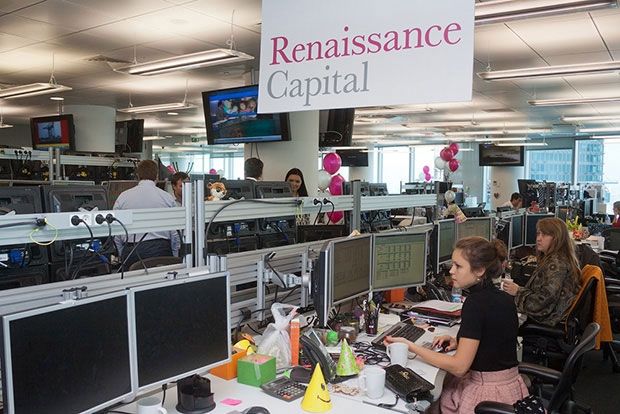Nigeria, South Africa, Egypt, and Kenya regarded as the “Big Four”, have accounted for no less than 50% of the $477 million raised by startups in the continent last month (January 2022).
This disclosure was made by Renaissance Capital, in its published report on Wednesday, February 2.
As read in the report, some of the hugest investors on the continent, include – Instadeep, operating in the deep tech space, with $100 million, Copia in the retail sector with $50 million, mPharma in the health technology segment invested $35 million, while Asaak in the Fintech start-up space invested $30 million.
“African start-ups raised a total of $477 million, up 35% month-on-month and 116% year-on-year, across 91 deals, also up 60% m-o-m in January,” the report read partly.
Across verticals, the report stated that Fintech accounted for 27% of the funds raised but faced stiff competition from Deeptech, buoyed by Tunisia-based Instadeep’s $100mn Series B and Retail-tech, which accounted for 21% and 18% of total funds raised YtD, respectively.
On a geographical basis, the big four (Nigeria, South Africa, Egypt and Kenya), the report said, saw their perennial leadership position challenged, as they combined to account for a little over 50% of the funds raised.
This happened even as Tunisia saw its largest singular fundraise ever, giving it a 21% share.
The report also examined global changes in the price of cash and implications for tech/fintech valuations, stating reasons why it expects deal-making to remain frenetic.
The firm stated that as it noted in its 2022 Africa tech/fintech outlook note, the compression in public market valuations was already feeding into private market valuations —at least in developed markets.
“We think it is important to contextualise what is happening – the cash pile remains high (the global dry powder in private equity, VC and SPACs as at mid-December 2021 exceeded $900bn, with 1% focused on Africa).
“But the price of that cash is what is rising, hurting valuations across public and private markets as access to cash potentially becomes tighter over time,” it said.
It added: “Considering the above, we expect deal-making to remain frenetic and, in an African context, to see more investor sensitivity towards actual business delivery versus targets.
“This is with more pressure on larger and later-stage funding rounds, as valuation sensitivity tends to be much lower at earlier stages,” it pointed out.










